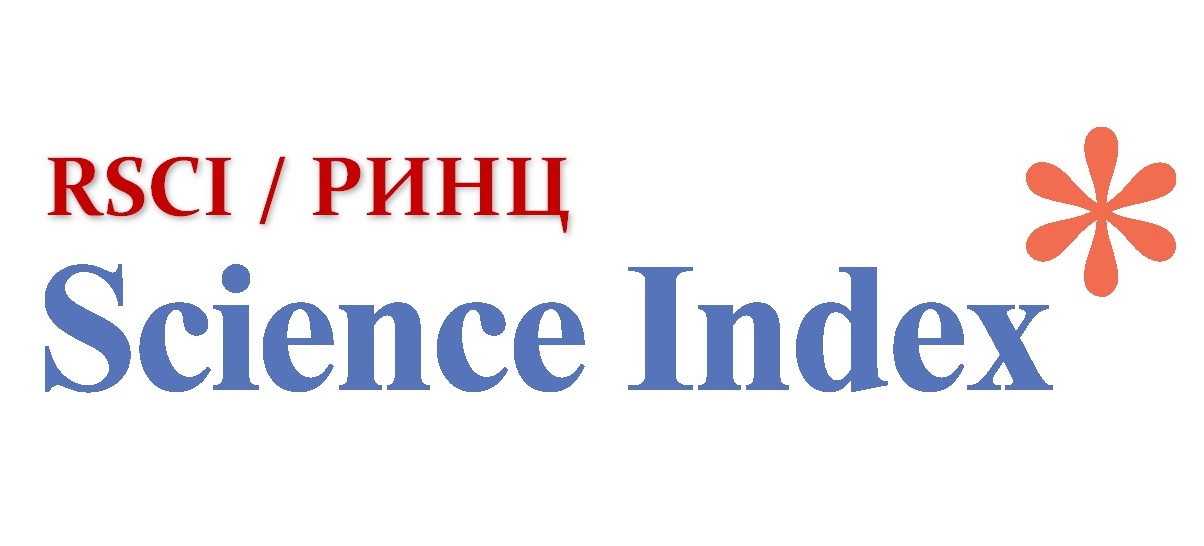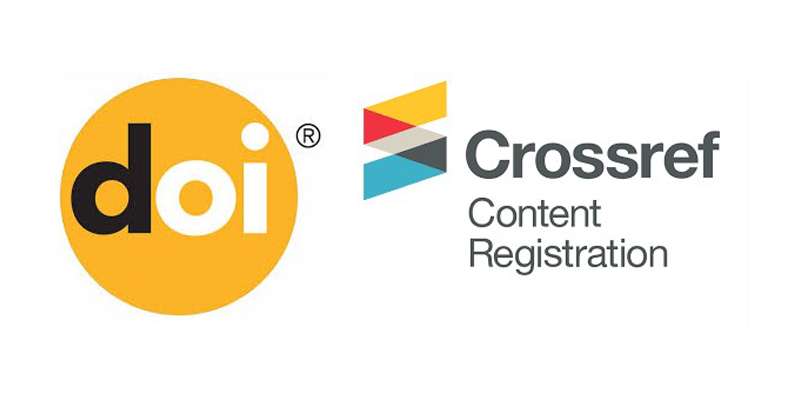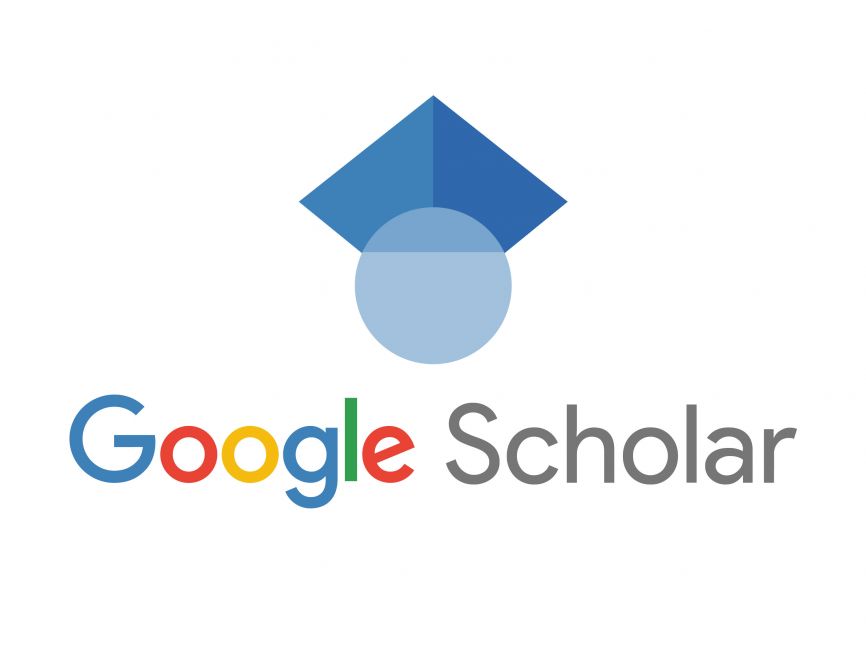Artificial Intelligence
Authors are obliged to disclose the use of artificial intelligence (hereinafter referred to as AI) tools in the preparation of the article (for example, automated text generation, assistance in editing or data analysis).
AI may be used to assist with language proofreading, idea generation, or big data analysis, but should not be used to create fully automated scientific text without authorial control.
Responsibility for the accuracy, originality and ethical correctness of the material rests entirely with the authors.
When using AI, it is necessary to indicate this in the Acknowledgements section or a separate note in the article.
Automatically generated texts without verification by the author are not allowed for publication.
Example wording:
«During the preparation of the manuscript, the ChatGPT tool was used to improve the linguistic style of the text, with all scientific conclusions and interpretations made by the authors independently».
In case of revealing signs of unoriginal, fully or partially generated content, the Editorial Board reserves the right to request explanations from the authors, conduct additional verification and make a decision on revision or rejection of the article.
In case of suspicion of automatic text generation or incorrect use of AI, the editorial board has the right to request from the authors:
- a description of the stages of using the AI.
- Confirmation of authorship of scientific conclusions.
- Working versions of drafts of the article or intermediate materials.
If the text remains suspicious (low originality, templateness, lack of scientific depth) after the re-checking, the editorial board reserves the right to:
- reject the manuscript without the right to revise it.
Repeated failure to meet the requirements of originality and quality after corrections is considered grounds for automatic rejection of the manuscript.





